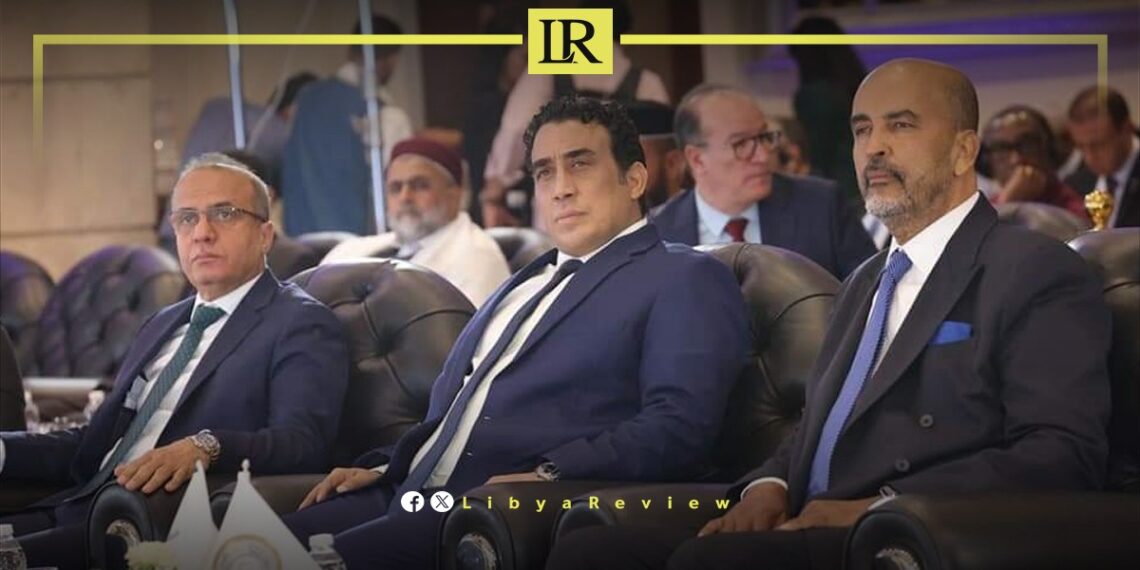On Saturday, the Libyan Presidential Council issued a firm directive, ordering all military units across the country to immediately return to their barracks. The council stressed that no troops should be mobilized or moved without explicit authorization and instructed commanders to confirm compliance with this order.
This urgent directive comes amid reports of unauthorized troop movements and massing of forces in various regions without official approval. The Presidential Council expressed serious concerns that these actions could destabilize the country, potentially leading to chaos and undermining Libya’s fragile security situation.
The council warned that these unauthorized military activities are a violation of the ceasefire agreement, which has been crucial in maintaining relative peace in Libya. The statement also emphasized that the authority to raise alert levels, mobilize forces, and authorize troop movements lies solely with the “Supreme Commander of the Libyan Army,” a position held exclusively by the Presidential Council.
This order follows violent clashes in the Tajoura district of Tripoli on Friday, where two people were killed and 16 others were injured, including a child who suffered a serious leg injury from shrapnel. The ongoing violence in Tajoura has raised fears of further unrest in the capital.
In response to the clashes, the Emergency and Ambulance Service has requested immediate support from its branches in Qasr Khiyar, Qarah Boli, and Sahl al-Khums to reinforce operations in Tripoli.
Libya has been in a state of turmoil since the fall of Muammar Gaddafi in 2011, with the country deeply divided among various factions vying for power. Despite the establishment of the Presidential Council under the United Nations-backed Government of National Accord (GNU) , the council has struggled to assert control over the entire nation.
The fragile ceasefire agreement reached in October 2020 has been under constant threat due to sporadic clashes and unauthorized military mobilizations. The Presidential Council’s latest order is an effort to prevent the situation from spiraling further out of control, particularly in light of the recent violence in Tripoli.
The council’s actions highlight the ongoing difficulties in maintaining peace and stability in Libya. The presence of multiple armed groups operating independently of the central government complicates efforts to enforce the ceasefire and prevent further conflict.
The recent clashes in Tajoura underscore the precarious situation in Libya, where unauthorized military actions could easily reignite widespread conflict. The Presidential Council’s directive to military units is a crucial test of its authority and ability to uphold the ceasefire.


